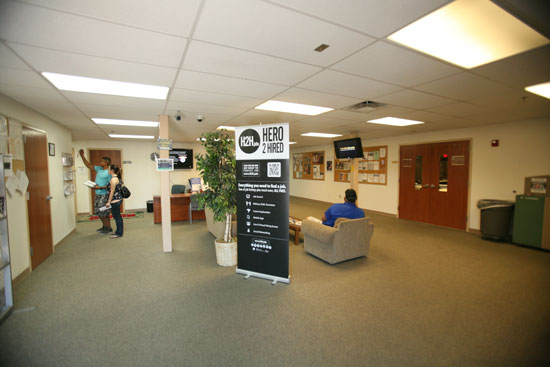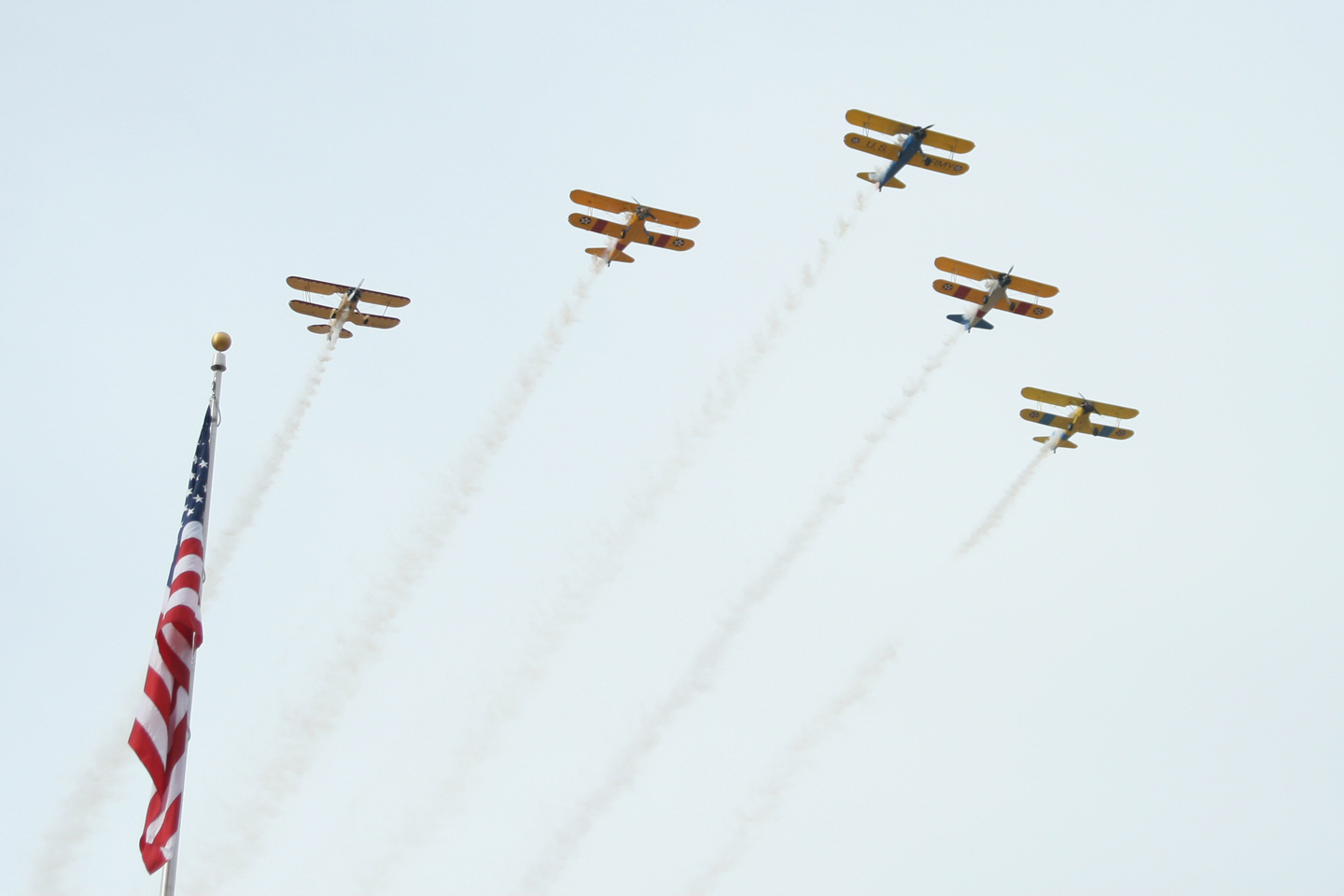NBCUniversal and the U.S. Chamber of Commerce launched “Next Steps for Vets” yesterday, a website hosted by NBCNews.com that aims to help veterans find employment and further education through various resources like a guide to starting small businesses, job fair maps, a resume tool, and more, according to NBCUniversal. Read more.
Tag Archives: unemployment
Army Reserve officer faces yearlong unemployment
By Colton Totland, News21
With decades of military experience in areas that ranged from human resources to supply and logistics, Scott Hargrove seemed qualified for the civilian job market.
The former Chief warrant officer four left the Army Reserve in June 2012 when his veterans outreach job was eliminated. The Vietnam era volunteer found himself unemployed after 40 years of military life. His yearlong search for work has been frustrating.
“You’d like to think that wealth of experience is something that employers would jump on,” Hargrove said. “I just don’t like being out of work.”
Hargrove, 60, represents a unique demographic among unemployed post-9/11 veterans, most of whom are younger and much less experienced. The highest unemployment rate among veterans is in the 20-24 age range, according to the Bureau of Labor Statistics. For April, it was at 17.7 percent.
Hargrove said employers are discouraged from hiring veterans because of confusion about what military experience actually means.
“We use acronyms in the military all the time. You need to take your military resume and convert it over to English; you have to put it into civilian terms,” he said.

Veterans and reservists visit the Arizona Army National Guard center in Phoenix. The facility offers career services for service members, notably resume-building advice on how to translate military jargon. (Photo by Colton Totland, News21)
Hargrove in early June visited a National Guard center in Phoenix for advice on his resume. Since 2011, new public and private organizations have offered career services for veterans. Hargrove has attended more than a dozen job fairs, he said. None has yielded desirable job offers.
“There’s a lot of veterans groups trying to help; in many cases, it’s almost overwhelming,” Hargrove said. “It’s just that there are so many initiatives. It would be nice if there were fewer organizations all doing the same thing.”
Veteran unemployment rate improves
By Riley Johnson, News21
The unemployment rate for post-9/11 veterans fell for the fourth straight month as the May job market showed continued strength, according to the Bureau of Labor Statistics.
At 7.3 percent, the unemployment rate for veterans who served in Iraq and Afghanistan since 2001 now sits lower than the overall rate, 7.6 percent.
Unemployment among the newest group of veterans dropped slightly from April to May and now stands more than five percentage points lower than the 12.5 percent reported for May 2012. This is the lowest rate for this group of veterans since post-9/11 veteran unemployment stood at 5.6 percent in November 2008, according to BLS data.
Paul Rieckhoff, founder and CEO of Iraq and Afghanistan Veterans of America, said the report shows national efforts to reduce post-9/11 veteran unemployment are working.
“Companies throughout the United States are investing in veterans and realizing the incredible returns from that investment,” Rieckhoff said.
Despite some gains, unemployment remains high among 20- to 24-year-old veterans, 17.7 percent. This rate is still more than 4 percentage points higher than exists among the same, non-veteran population, BLS data shows.
Overall, more than 175,000 Americans found jobs last month, and more than 420,000 people started looking for work again.
Families of post-9/11 vets pay tribute on Memorial Day
By Colton Totland, News21

Memorial Day visitors at the National Cemetery of Arizona were treated to a flyover Monday morning by pilots in World War Two-era training planes. (Photo by Colton Totland, News21)
In T-shirts that depict John Larson as a smiling Army recruit, his family each year follows the row of headstones that lead to his grave.
Unlike many of those buried around him, Larson’s death came not from combat, but in a room at Fort Hood, Texas. Haunted by war and burdens at home, he committed suicide, his brother said.
Larson’s death is an extreme circumstance among post-9/11 veterans returning every month to another battle: transition to civilian life. Memorial Day belongs to these veterans as well, something that was clear Monday at the National Memorial Cemetery of Arizona, where the Larsons paid their respects.
“All families have a story,” Phil Larson said, pausing to glance at visitors across the cemetery of more than 43,000. “These families are visiting loved ones who passed away, whether they were shot in combat, or dealing with the strains of combat afterward.”
Hundreds of visitors gathered for an early morning ceremony — complete with music and a vintage biplane flyover.
James Ewald was one of two tuba players in the 108th Army band. Reservist Ewald said he only recently found work after returning from deployment more than a year ago.
“I just returned to a bad market,” Ewald said. The wire manufacturing company where he worked went out of business while he was on active duty. “I tried everything — even as a truck driver, nothing; pizza delivery, nothing.
“I hear it all the time from other veterans, and it’s a real problem,” he added.
Post-9/11 veteran unemployment still hovers around 2 percentage points higher than non-veterans, despite dozens of such efforts since 2011, according to the U.S. Department of Labor.
Finding adequate support for PTSD or other combat-related injuries seems even harder, with the average VA wait-time for compensation lasting upward of 315 days, according to the Berkeley, Calif.-based Center for Investigative Reporting.
